People In The Medical Field Are Sharing Things From Their Jobs You'd Only Know If You Read Them
Recently, I asked medical professionals if there was a relatively unknown part of their job they wanted the general public to know. They didn't disappoint!
Fox
1."I used to work at a private practice plastic surgery clinic, and the things I saw were repulsive. The doctor would shame patients into scheduling surgeries with him. The first question he would ask you in your preoperative appointment was what you did for work and would provide a quote based on that. He also made us reuse surgical supplies that weren't meant to be reused to cut costs. He was so mean to his staff and would overwork us to the point of exhaustion with no breaks during surgical days."

2."I work in an outpatient laboratory, and a patient does have the right to decline tests they feel unnecessary or too expensive. There are several providers in our clinics who insist we do all labs in a patient's chart, even if a patient doesn’t want all blood work ordered. One provider once told me not to listen to the patient, but always do all blood work she orders. Patients should be proactive, question the need for tests, and have the right to decline if they choose."

3."If you ever require anesthesia in the US, the service will most likely be performed by an independent, full-service anesthesia provider called a CRNA. These are the providers that actually do anesthesia day in and day out, and who are most experienced and proficient at the enormous responsibility of it all. They have been doing it longer than any other type of anesthesia provider. The issue is this: Before your surgery, you will likely also be seen by an anesthesiologist. This person will tell you he/she will be performing the anesthesia service, when they are, in fact, not. This lie is to protect their $600,000 salary.
"They do not want you to know that there are CRNAs because it keeps you unwittingly paying for two providers, when you only need one. Their most important task is the BILLING service. Trust me, you don’t want an anesthesiologist actually doing your anesthesia. It sounds counterintuitive, but most have not done anesthesia for many years since training in residency. Then, add rustiness to having become barely proficient in the first place, and you can get a bumbling mess in the operating room. I recently had to get my gall bladder out, and trust me, after years of experience behind the scenes, I knew to confirm I had a CRNA instead of an anesthesiologist to perform my service. I still got stuck with paying for both, though. That was maddening."

4."Nurse of over 30 years…patients have no idea why they are having a procedure, and therefore, what the results mean. For example, a colonoscopy is performed to look for and remove colon polyps which can, over time, grow into cancerous tumors. It’s scary how many don’t know why they are 'required' to have this done after turning 45."

5."I have been in nursing for over 20 years, and every day, a nurse punches in, they put their life at risk. There is a risk of exposure (I have been exposed to TB multiple times, meningitis, and Hepatitis B), and there is risk of violence (I was assaulted when working in the ICU from a confused patient)."

6."Medical social worker here. … We often don’t get a lot of credit for the things that we do, but we are a really important part of the interdisciplinary team and actually do a lot. We are usually thought of as the people who call Child or Adult Protective Services (which we are), but that is such a small part of our job. A lot of times, we are the ones writing letters to insurance companies to get medications approved when they are initially denied. We also provide a lot of education to patients and families after they receive a new diagnosis and it all seems overwhelming and confusing.
"Sometimes, doctors aren’t great at explaining medical terms in layman’s words...but medical social workers are! (This is because we had to learn it ourselves.) Patient’s can’t afford meds? We help with that. Patients can’t get to and from appointments? Social workers to the rescue! Families grieving? We are with them during that time to provide support, and we are likely grieving when we’re off the clock, too. You have questions about what your insurance covers or how to get insurance? Financial counselors, doctors, and nurses won’t know, but the social workers will. Also, we are often the first people to suggest potential mental health diagnoses with patients' doctors. They will then consult psychiatry or psychology to assess and formally diagnose patients. We are often really respected by the medical teams, but I think that the general population doesn’t realize how important our role is in the hospital system."

7."My sister and I are fourth-generation nurses. I have been working in healthcare for 43 years. We have always been short-staffed. We have never gotten 15-minute breaks and rarely get 30-minute lunch breaks where we are not still doing work-related activities like charting, answering the phone, etc. Our work is emotionally, physically, and psychologically exhausting. We suffer from chronic insomnia and rarely take as good of care for ourselves as we do for our patients."

8."I work in HIV testing/education. I test hundreds of people every month. Sometimes, the people who will be positive are obvious from the moment they step in the testing room. Most of the time, they’re people who test every few months and just had that one risky encounter. Either way, telling someone that they’re now living with HIV is devastating. I try so hard to keep my emotions neutral and to stay upbeat as I walk them through their next steps; but, honestly, I cry with them most of the time. It’s the stigma surrounding the diagnosis that people fear the most. The virus itself is easily controlled with medication. But the judgment of others and the lack of basic HIV education in this country make a lot of people afraid for their safety and privacy when having to disclose their status."

9."I work in healthcare, and when we tell you to use the call bell when you need something, it’s not a suggestion. We really mean for you to use it and not harass the secretary by walking to the front desk. It’s not going to get you help any faster. The message has been relayed, and your family member is not the only one that needs care, so be patient, especially to the staff that actually showed up to do their job."
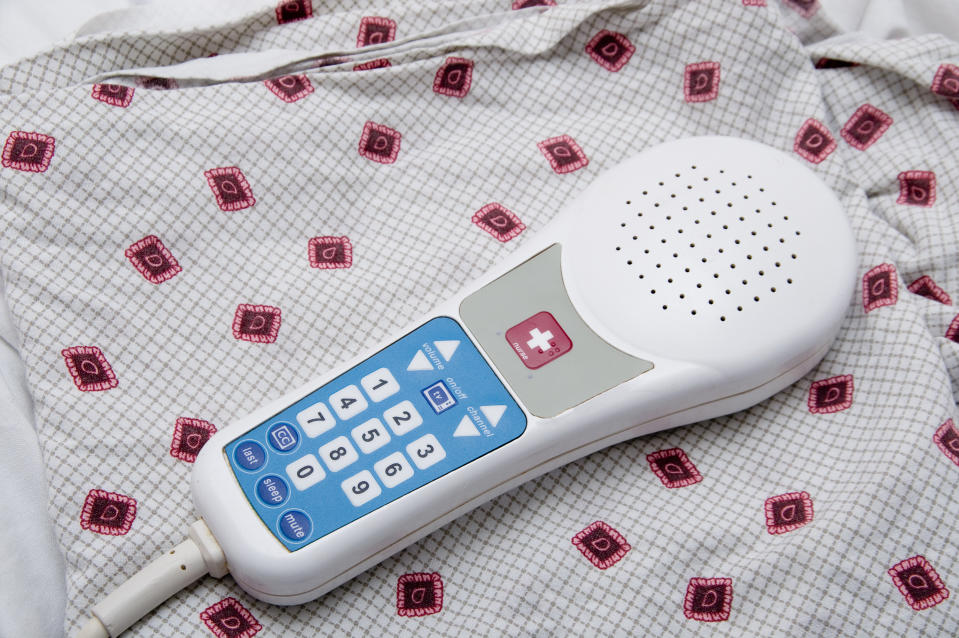
10."I worked in a retail pharmacy for five years, and I’ve seen it ALLLLLLL. People are so rude! Screaming at us about copays that WE have no control over. There are so many things to take into consideration involving the prices of your meds: Deductibles, brand vs. generic, quantity, coupon cards, size (inhalers), etc. I’ve had grown adults scream at me, refuse to leave drive thru, throw temper tantrums, even start fights because they're mad at me for the price of their medication."

11."I'm a medical assistant in a medical office. Many patients don't realize or care that they are one of thousands of patients. No, we don't know you by only your first name when you call, nor do we always have your phone number if you don't leave it. Also, state your reason for calling. Don't just say you need a call back if you are asking for a refill or when your next appointment is. Those calls can be handled quickly by non-clinical staff rather than tying up the nursing staff."
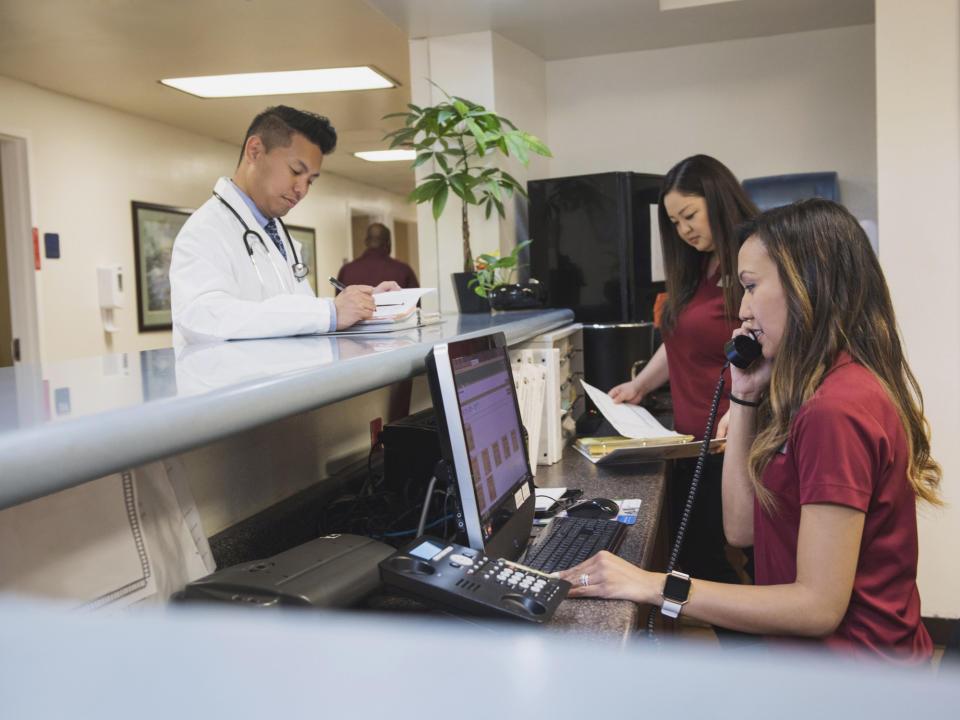
12."Physician at the VA. I love our patient population and taking care of such a deserving population. Something that most people don’t know is that there is a hard salary cap for federal employees including physicians. This means once you reach the cap, you no longer receive pay that is due to you like performance bonuses or even yearly cost-of-living adjustments. This creates a disincentivizing environment that ultimately affects the care of our patients."

13."Many think that hospitals are clean. This is far from the truth. In the emergency department, for sure. Intake is in such a hurry to get even non-emergency patients back to a room that the room is hardly wiped down and sanitized. Most likely, they are throwing a new sheet on the stretcher, and done. The rest of the room…not clean! Those ice machines in the hospitals, just don’t."
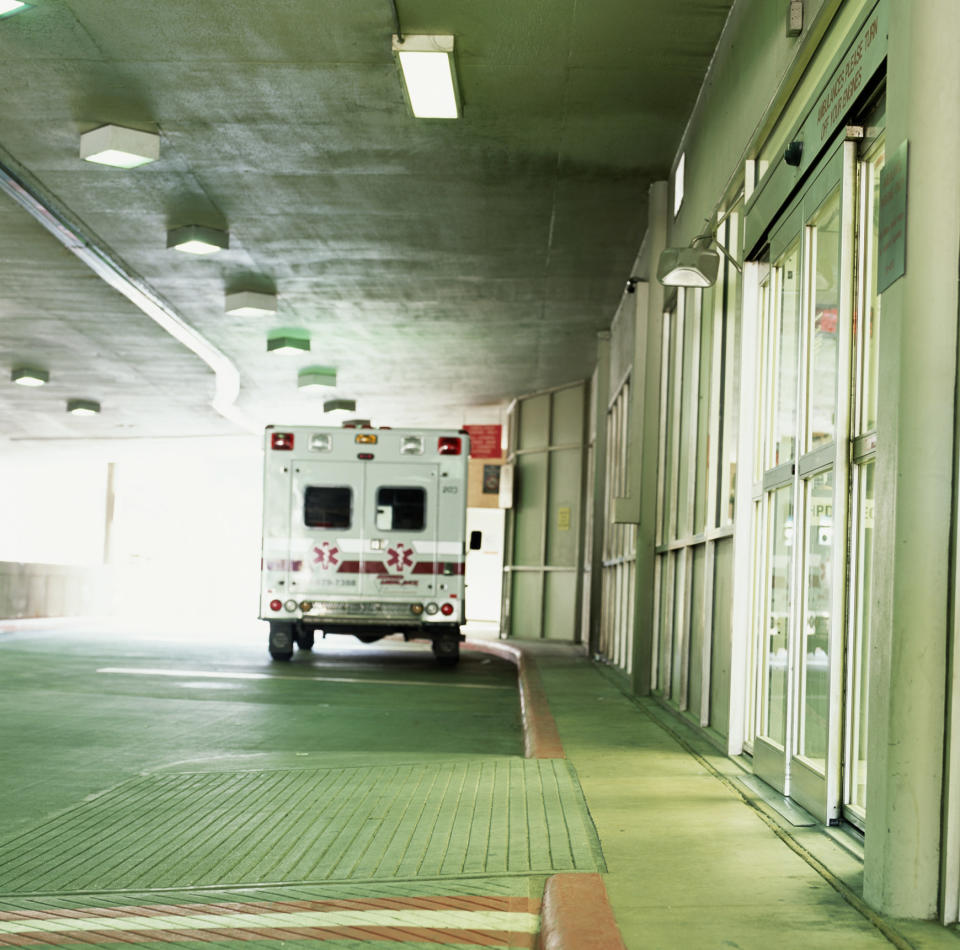
14."When people call to complain that doctors haven’t called them back or answered them, some are very, very rude. The people who send messages have no control over when the doctor will return your call, fill your script, etc., and when you’re rude to them, you will probably wait longer as you have no right doing that to the messenger. Have some patience, patients!"
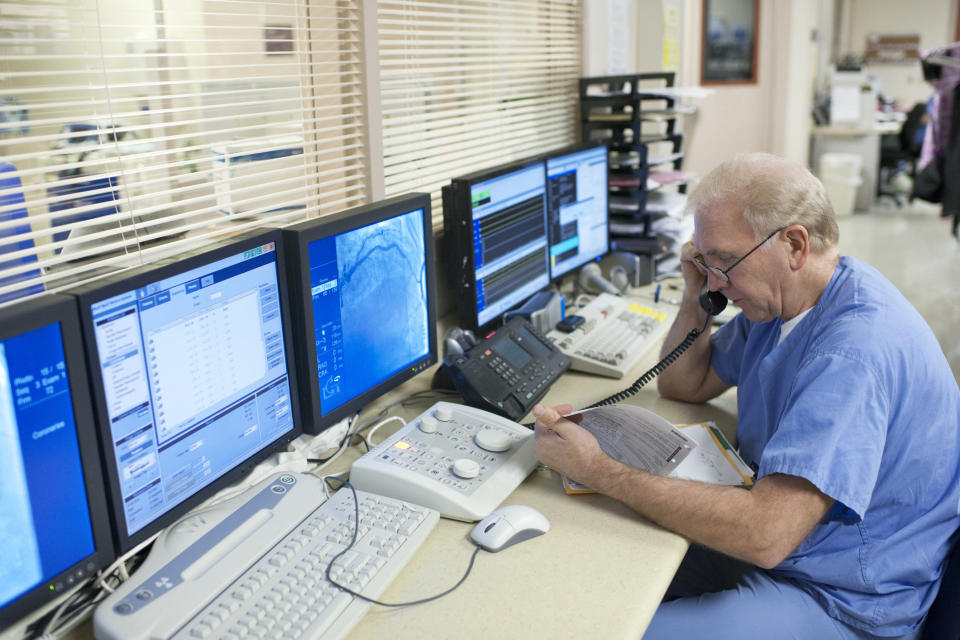
15."Before going into healthcare, I always advocated for patients doing their own research and questioning everything. I was quick to judge decisions made by other healthcare professionals that I didn't outwardly agree with. Now that I have my own patients, I despise the patients that come in with degrees from 'WhatsApp University.' I am happy to answer questions and explain my rationale for your treatment plan. You are welcome to get a second opinion. However, I did not just spend literal decades in school and hundreds of thousands of dollars for you to argue with me into another patient's appointment slot."

16."I'm a psychiatric nurse who works closely with many therapists. A majority of them have deep-rooted mental health problems of their own. Don't ever feel bad about sharing your deepest, most secret thoughts because they have them, too."
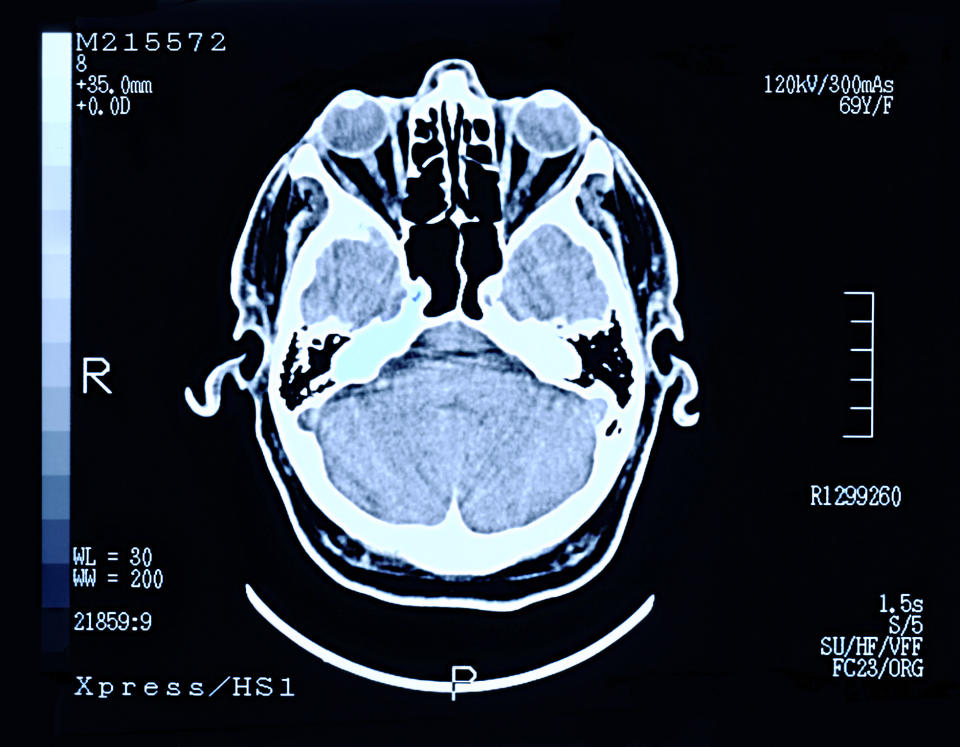
17.Finally, "I’ve worked in almost every facet of healthcare. How you treat people is very important. You’ll get everything from shorter wait times to lower prices to choice appointments if you are nice. The minute you start being rude, it goes on your file, and we tell the pharmacist/doctor. You can and will be expelled from a clinic for bad behavior."

Do you have a secret from your job that you want more people to know? Tell us in the comments below or via this 100% anonymous Google form.
Note: Responses have been edited for length and clarity.

